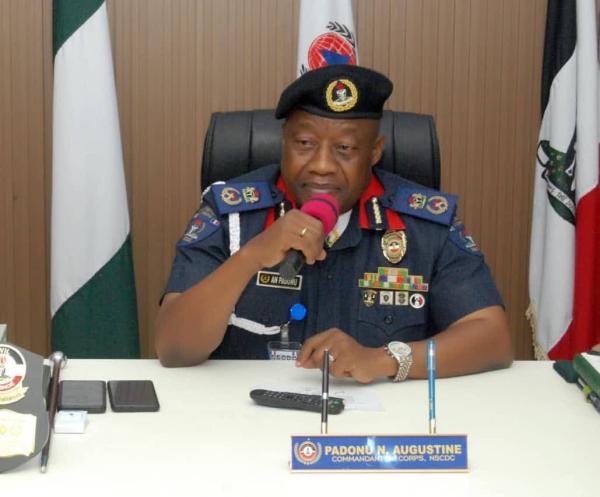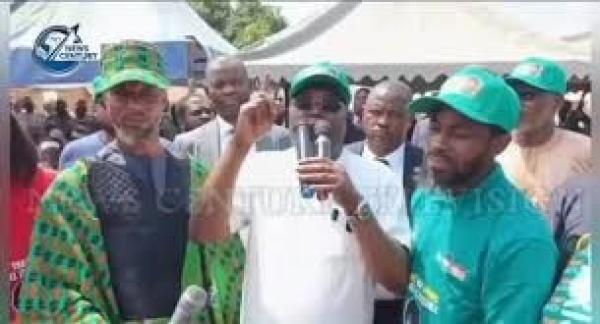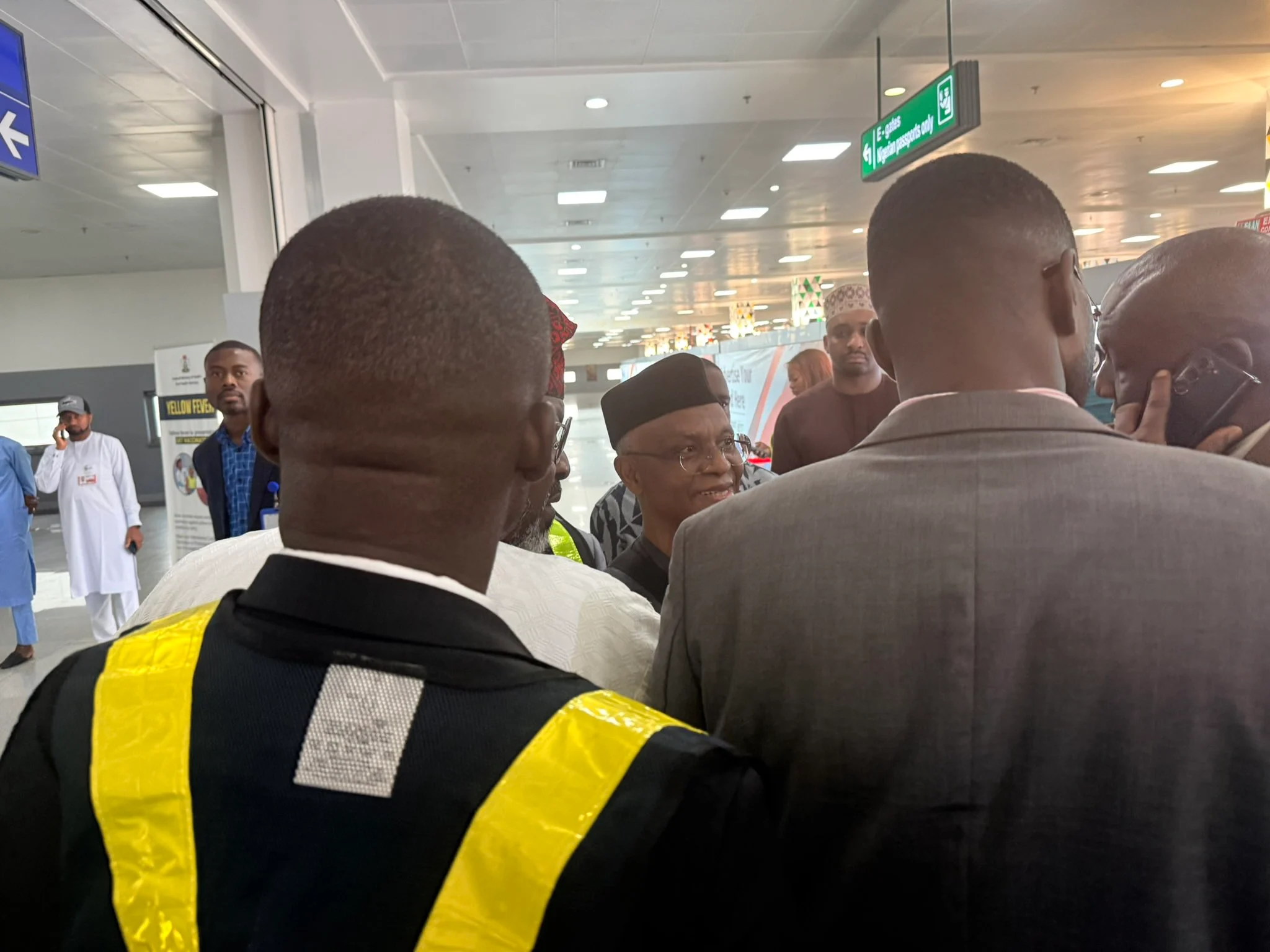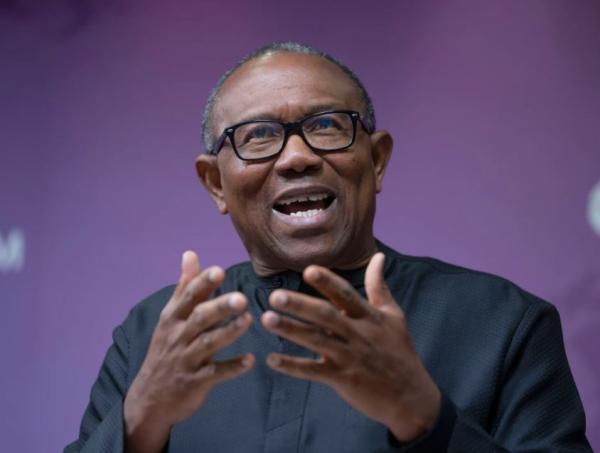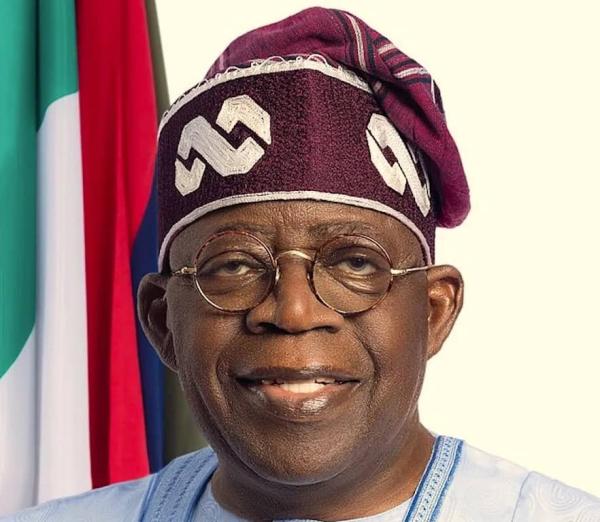
Minister of Finance, Dr (Mrs) Ngozi Okonjo-Iweala, has said that the country would need at least $14 billion (about N2.296 trillion) annually to meet its infrastructural investment, just as she highlighted the imperative of Public-Private Partnership (PPP) arrangement.
The Coordinating Minister of the Economy, who made the disclosure while declaring open a 3-day PPP training programme for stakeholders organised by the African Development Bank (ADB) in Abuja however charged participants to look into PPP key challenging areas like procurement, contractual, regulatory, legal issues and risks involved in the arrangements.
Her words: “I am proud of what ADB is beginning to do in Nigeria and all over West Africa, which this hub will serve, have worthy projects. For Nigeria alone, we need about $14 billion a year equivalent for infrastructure investment, about 10 of that at the federal government level alone, but we are only investing about $6 billion all through the country.
“What it means is that there is a big gap especially as it is without the costing of a new infrastructure master plan which we are still waiting for. What I am just given is just figures that are not even complete because it did not encompass all of the cross-cutting type of infrastructure in the master plan.
“But even if it is a conservative figure, we already have gap and like many countries in the world, since budgetary resources and private sector investment alone will not be able to fill this gap, we have to look for other models of financing and that is where the PPP model comes in.
“We have really struggled to establish this model by trying to concession certain thing like our ports, we also have some other public private sector projects we are looking at. More importantly, we have this feeling that we never get this model right the way it should work. We also lack the technical capacity to support the PPP projects going on, which was why government established the ICRC.
“Most infrastructure ministries have established PPP units including the Ministry of Finance since it was clear that some of the financial implications of this signed PPP arrangements were not very crystal clear to those signing them. We found some agreements that cannot just work.
“We will have some regional and sub-regional infrastructural projects to be done on PPP basis since the type of resources needed will be very difficult for government to muster.
We have to involve the private sector, the right type of structure, legal agreements and the right kind of financing to make it work. That is why personally I am quite excited at this PPP hub,” she noted.
Enumerating some of the key arrears they must deliberate during the workshop, the Honourable Minister said: “Some of the issues I know you should talk about are procurement issues, contractual, regulatory, legal issues and risks, but there are one or two issues you need to pay attention to. One of them is the length of time that PPP stake on this contract. The statistics I got is that it takes an average of about seven years to complete a PPP.
“You can imagine why ministries don’t rush into a PPP when the time horizon for the delivery is so long compared to the shorter time horizon for the policy makers. Sometime the policy makers leave office after four years without delivering the PPP arrangement and that is why the technical departments and MDGs who should be interested in going into the arrangements are not eager.
“You have to shorten the length of time it takes to process, realise and come to financial close on PPP in this continent. We cannot afford to take that length of time because we have many ongoing projects.
“It also means that we need financial capacity to understand the types of needed arrangements, the legal, regulatory frameworks upon which we are doing this in order to hasten the projects. A lot is always tied up with the financial issue, the type of return that may be expected from the private compare to the public sector.
“Sometimes the legal arrangements are too complicated in my view. We will like to have a legal framework for this PPPs. It is fairly straightforward that share risks appropriately. Some the frameworks and agreements I have seen, load virtually every risk on the government while the private sector partner works away with very little risk.
“That is not going to work and we have to turn down those kinds of arrangements for a more even distribution of risks. It is not that government will not take risk, but we will not be in a PPP arrangement which one party takes all the risks while the other structures himself to collect all the financial gains laughing all the way to the bank. What it means is that we must have the expertise and legal strength to be able to negotiate these agreements to do a good prototype of our IPP.
“You also need to talk about the rate of return expectations because we got a high profile international partner in one of the BPPs we are doing but the expectations were something in the range of 30 per cent. We must remember that these projects are done for Nigerians or West Africans to use and if you structure it in such a way that the toll or price they have to pay is so high, what do you expect they will do other revolting against it and block it from taking place since it is not structured in their interest.
“You have to look at the right framework in terms of the financial and economic analysis to permit participating parties to make dividend rate of return and ensure that the consumers get fair deal at the end of the project.
“We are coming up with the PPP type projects in Nigeria like the second Niger Bridge already going along very well, the Lagos/Ibadan express road, Lekki Deep Sea Port, Onne Port among others. I hope we got the right kind of experts because we have five projects cooking,” she charged.












